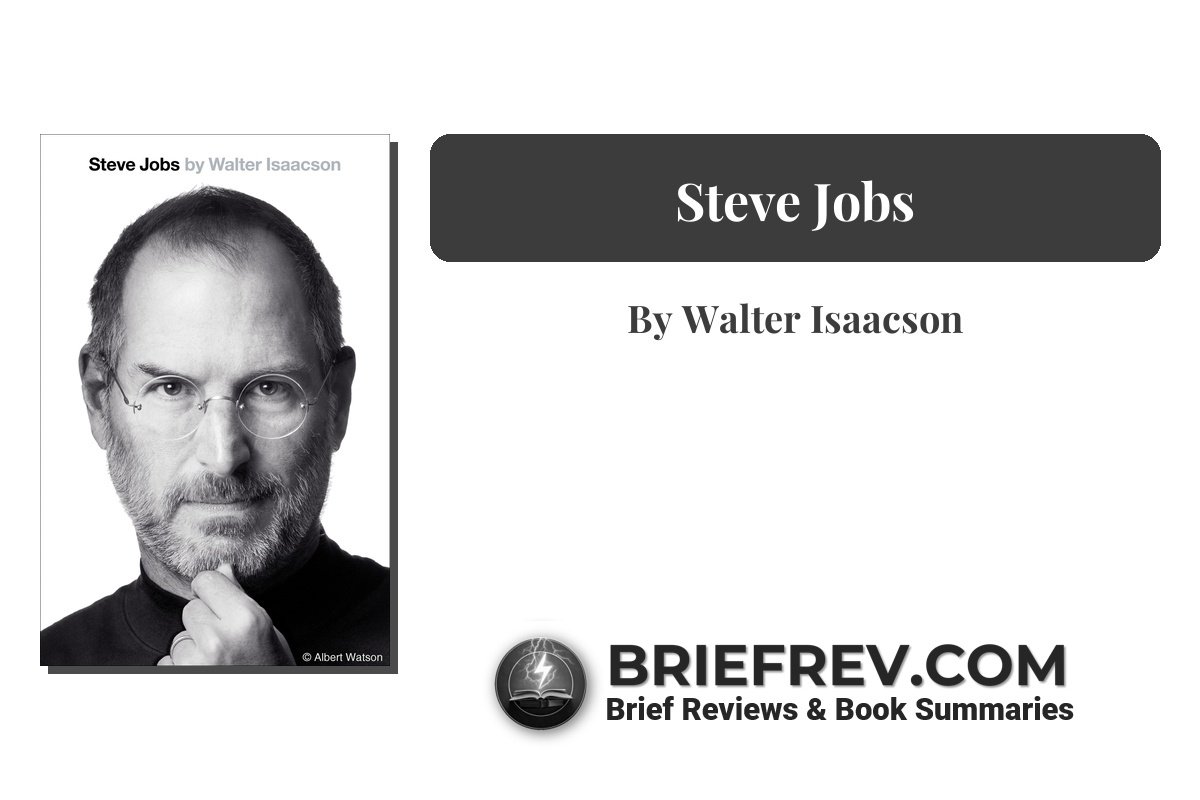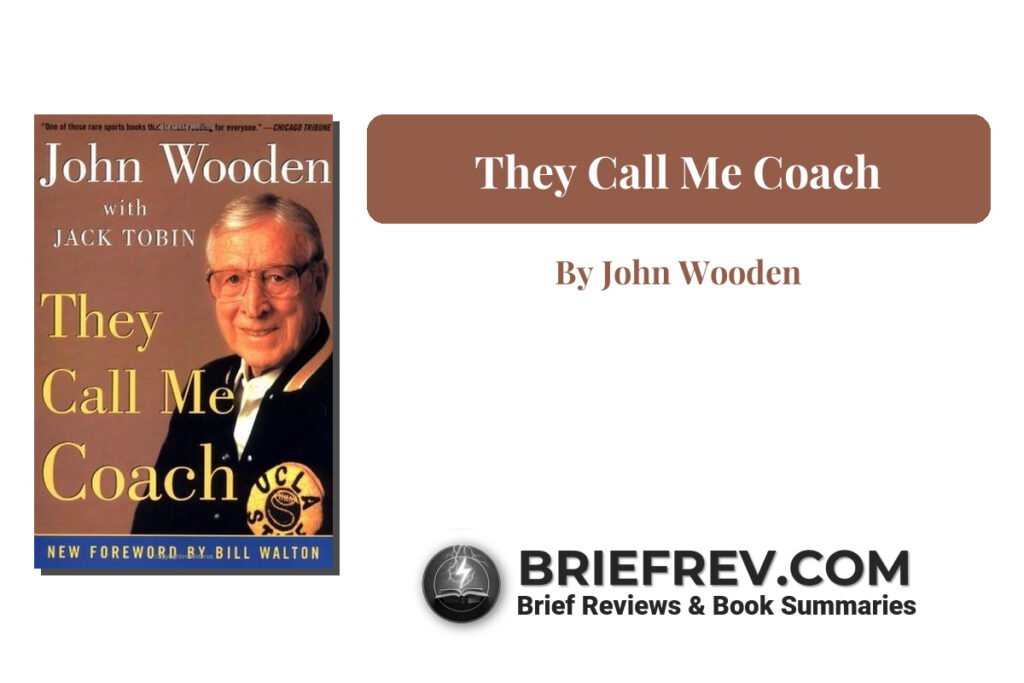Steve Jobs by Walter Isaacson: A Summary
At the heart of Walter Isaacson’s biography of Steve Jobs lies a paradox: the man who revolutionized technology and design was also famously difficult, demanding, and often mercurial. Yet it was precisely this complex blend of vision, obsession, and intensity that made Jobs one of the most influential figures of the modern era. The book doesn’t shy away from the contradictions—it embraces them, offering a nuanced portrait of a man who believed that great innovation comes from the intersection of art and science, intuition and logic, beauty and function.
What the Book Covers
“Steve Jobs” is a comprehensive biography based on over forty interviews with Jobs himself, as well as hundreds more with family members, friends, colleagues, and rivals. Isaacson, a seasoned biographer, was given unprecedented access to Jobs and his inner circle, resulting in a candid and detailed account of his life. The book traces Jobs’s journey from his early days as a rebellious and curious child in Silicon Valley, through the founding of Apple, his ousting from the company, his ventures with NeXT and Pixar, and his triumphant return to Apple, where he led the creation of iconic products like the iPod, iPhone, and iPad. This biography is for readers interested in technology, entrepreneurship, design, and the human complexities behind innovation.
Key Insights
One of the most striking insights from the book is Jobs’s relentless pursuit of perfection. He was known for his “reality distortion field,” a term coined by colleagues to describe his ability to bend reality to his will. Jobs would often reject what others deemed impossible, pushing his teams to achieve breakthroughs they didn’t think were feasible. This obsessive drive led to some of Apple’s most groundbreaking products, but it also created a high-pressure environment that could be both inspiring and exhausting.
Another key theme is Jobs’s belief in end-to-end control of the user experience. He insisted that Apple design both the hardware and software of its products, ensuring a seamless integration that set the company apart. This philosophy extended to packaging, retail stores, and even the screws inside devices. Jobs’s attention to detail was legendary, and it reflected his conviction that design is not just how something looks, but how it works.
The book also explores Jobs’s complex personality. He could be charismatic and visionary one moment, and cruel or dismissive the next. He often lacked empathy and had a volatile temper, yet he inspired fierce loyalty and admiration. Isaacson doesn’t attempt to sanitize these traits; instead, he presents them as part of the same force that fueled Jobs’s creativity and ambition. The biography suggests that his flaws were not separate from his genius, but deeply intertwined with it.
Jobs’s spiritual side is another compelling aspect of the narrative. Influenced by Zen Buddhism and his travels to India, he embraced simplicity and intuition, which shaped his aesthetic sensibilities and leadership style. He often spoke about making products that were not just functional, but meaningful—tools that could empower people and enrich their lives. This spiritual dimension added depth to his vision and helped explain his unique approach to innovation.
Finally, the book underscores the importance of storytelling in Jobs’s leadership. He was a master presenter who could captivate audiences and rally teams around a shared vision. Whether launching a new product or pitching an idea, Jobs understood the emotional power of narrative. He didn’t just sell devices—he sold dreams, and he made people believe in them.
Memorable Quotes
“Stay hungry. Stay foolish.” This quote, from Jobs’s 2005 Stanford commencement address, encapsulates his philosophy of continuous curiosity and risk-taking.
“The people who are crazy enough to think they can change the world are the ones who do.” This line, used in an Apple ad campaign, also reflects Jobs’s belief in the power of bold thinking.
Why This Book Matters
More than a biography, “Steve Jobs” is a study in leadership, creativity, and the human cost of greatness. In an age where technology shapes nearly every aspect of our lives, understanding the mind behind some of its most transformative tools is both relevant and enlightening. The book doesn’t offer a blueprint for success, but it does provide a compelling portrait of what it takes to build something truly original. Readers interested in entrepreneurship, design, or the psychology of innovation will find much to ponder in Isaacson’s thoughtful and unflinching account.



